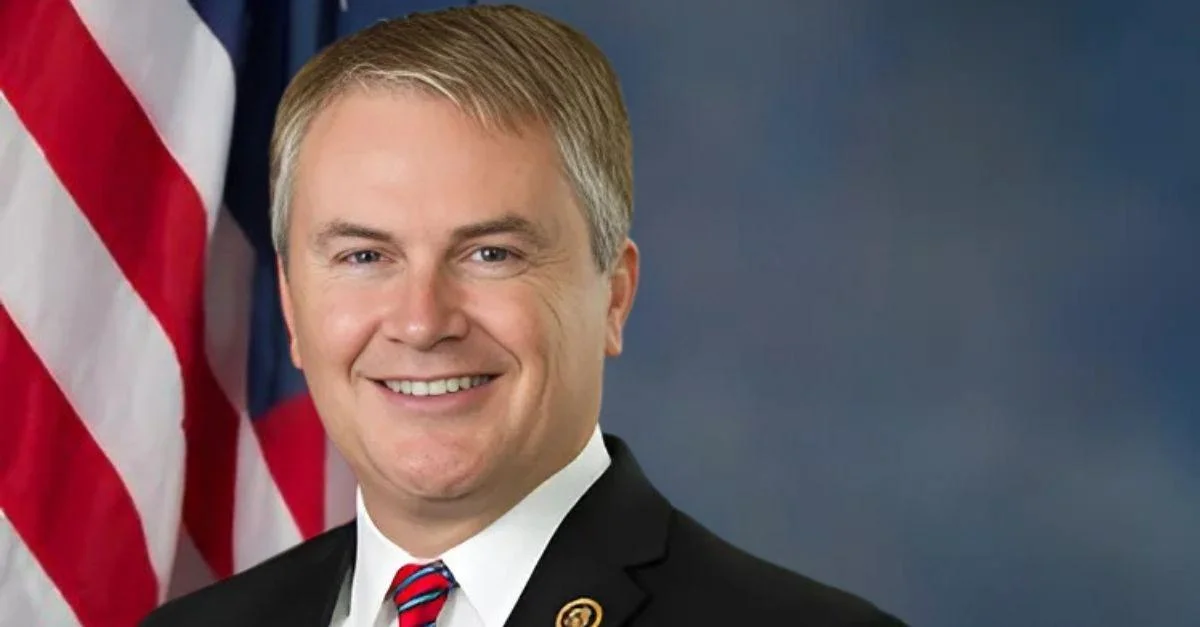The Federal Law Enforcement Subcommittee convened to address the challenges posed by unaccompanied alien children in the United States. This hearing, titled "Catch and Release, Lose and Forget: Addressing the Crisis of Unaccompanied Alien Children – Part I," marks the beginning of a comprehensive oversight review based on findings from a March 2025 report by the U.S. Department of Homeland Security (DHS) Office of the Inspector General.
The report highlights significant issues faced by U.S. Immigration and Customs Enforcement (ICE) in tracking unaccompanied migrant children after their release from DHS and Health and Human Services (HHS) custody. According to Inspector General Joseph Cuffari, "The report findings detailed in my testimony reveal significant gaps in how Immigration and Customs Enforcement monitors and manages UAC cases following release from Federal custody […] This is not simply an administrative problem; it’s a systemic breakdown that poses grave risks to UACs."
Key points raised during the hearing include over 233,000 unaccompanied children left vulnerable due to insufficient legal oversight under what has been termed as the Biden Border Crisis. Furthermore, approximately 31,000 children were released to addresses that were blank or incomplete, while more than 43,000 failed to attend court hearings.
Subcommittee Chairman Clay Higgins discussed efforts with Inspector General Cuffari regarding actions taken by ICE under Secretary Noem's directive since February 2025. These efforts involve locating these children with assistance from federal law enforcement agencies like the FBI and U.S. Marshals Service.
Representative Andy Biggs questioned IG Cuffari about specific incidents where unaccompanied minors ended up at inappropriate locations such as strip clubs or vacant addresses. Representative Nancy Mace further scrutinized systemic failures during the Biden Administration concerning safeguarding these vulnerable children.
Inspector General Cuffari confirmed various figures related to missing or improperly registered children, indicating ongoing challenges within existing systems designed for their protection.
For more details on this issue, click here to watch the hearing.









